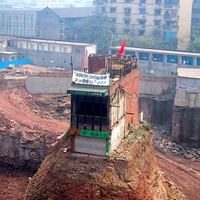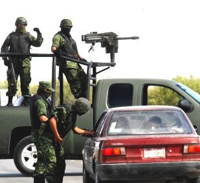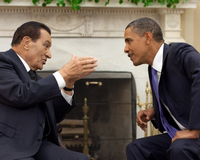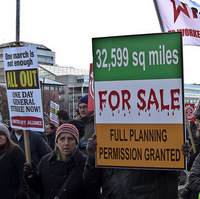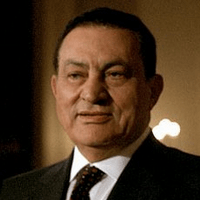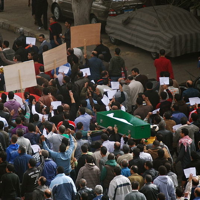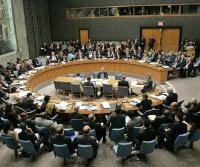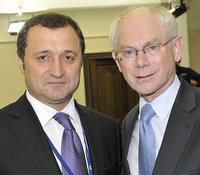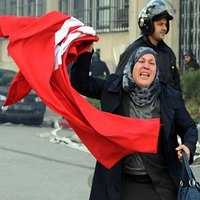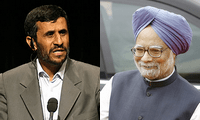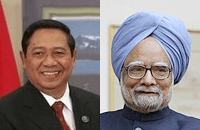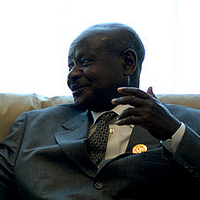
KAMPALA, Uganda — When Ugandan President Yoweri Museveni seized power 25 years ago, he brought order to a nation that was reeling from two decades of crisis. After the terror-filled reigns of Idi Amin and Milton Obote, Museveni ushered in an era of relative prosperity. The West was quick to brand Uganda a rare “African success.” Praised for tackling HIV/AIDS, promoting women’s rights and pursuing growth through the Washington Consensus of fiscal discipline and free markets, Museveni gained acclaim as a “New African Leader”: a bush soldier turned democrat, poised to steer his continent in a new direction. But in […]

